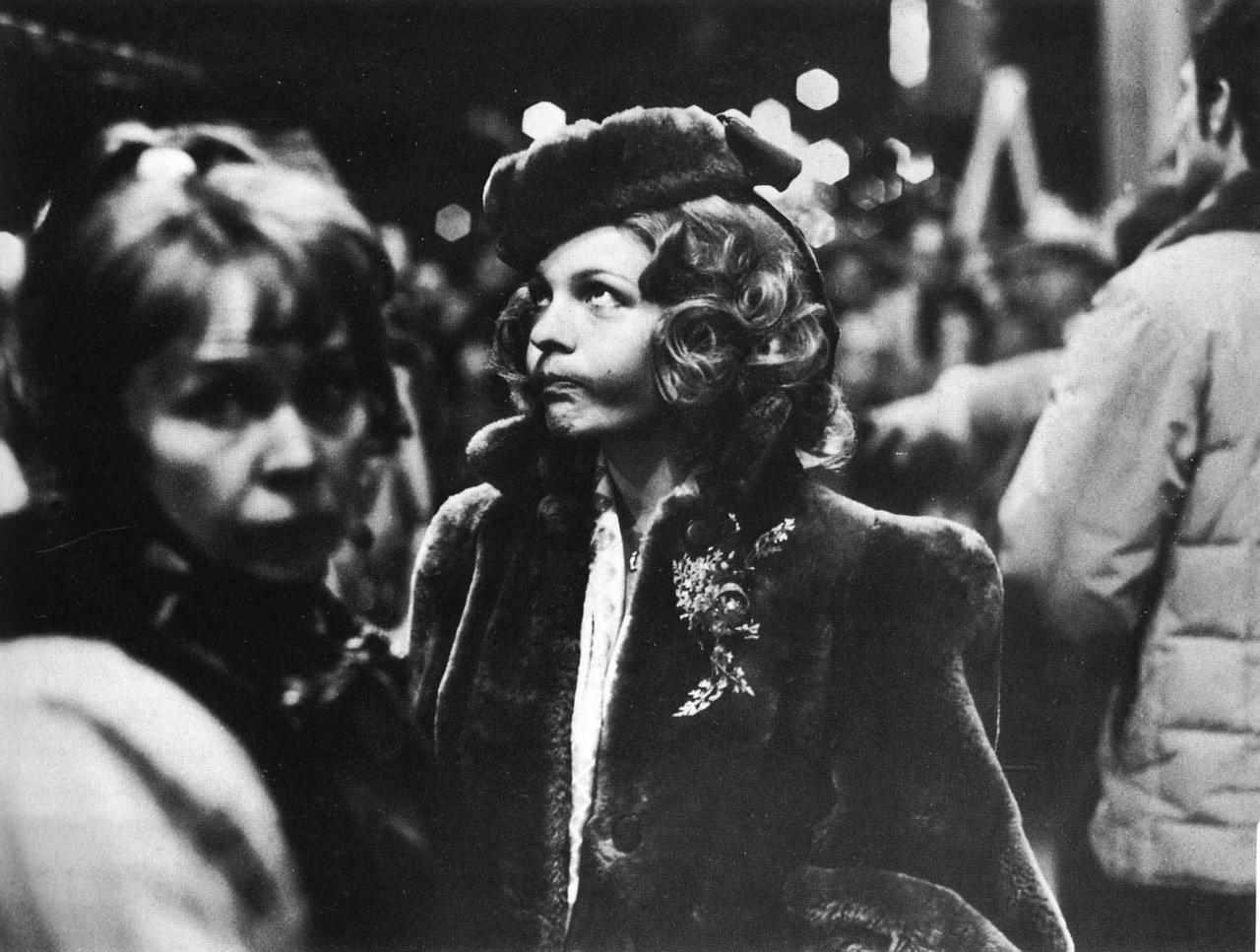Transcript
AUDIE CORNISH, HOST:
A musician’s life can be difficult. Perhaps no place knows this better than the city of Austin, Texas. It’s where thousands of musicians have launched their careers. And for the last 20 years, the city’s community of artists has subsidized mental health care for Austin musicians and their families through something called the SIMS Foundation. It’s named for one of Austin’s young musicians who took his own life. From Austin, NPR’s Wade Goodwyn has more.
(SOUNDBITE OF MUSIC)
WADE GOODWYN, BYLINE: It’s a sold-out show at the KLRU studio. Some of Austin’s finest musicians are here, on the same soundstage where “Austin City Limits” was filmed for decades. It’s a labor of love. They’re donating their time to raise money for an organization that attends to their psychological well-being.
(SOUNDBITE OF SONG, “CROSSFIRE”)
SONYA MOORE: (Singing) Day by day, night after night, blinded by the neon lights.
GOODWYN: Sonya Moore can turn a Stevie Ray Vaughan song into a runaway train of Memphis blues.
(SOUNDBITE OF SONG, “CROSSFIRE”)
MOORE: (Singing) Oh, I got stranded, yeah, caught in the crossfire.
GOODWYN: This astonishing assembly of talent has the power to amaze even veteran Austin musicians like Jimmie Dale Gilmore.
JIMMIE DALE GILMORE: Great music – some of these guys I haven’t heard before – amazing.
(APPLAUSE)
GOODWYN: A country boy from Lubbock, Jimmie Dale Gilmore arrived in Austin back in the early 1970s with his Roy Orbison-like voice and not much else. As tough as it was back then, Gilmore says it’s even harder to make it as a musician today.
GILMORE: Especially because Austin has become more difficult place to live in for musicians ’cause it’s so expensive.
GOODWYN: A 2013 survey revealed that the median income for an Austin musician is around $10,000 a year. That’s where the SIMS foundation comes in. A team of 70 musician-friendly therapists, psychologists and psychiatrists provide mental health services to 600 Austin musicians and their families every year. The providers have lowered their fees to just $50 a session. The musicians pay what they can and SIMS pays the rest. Gilbert Ramos is a SIMS therapist.
GILBERT RAMOS: When I see folks who are starting off in the business, they often come in because there’s some depression, there’s some anxiety, usually related to music life, not getting what it is that they want to get out of the music career.
GOODWYN: Ramos says substance abuse issues are ubiquitous. Bands play in bars. Musicians who sell a lot of drinks get invited back.
RAMOS: Musicians make money the more drinks they sell, and often in order to sell their drinks they have to have something in their hand to drink. It encourages the crowd to do so. That’s one of the little tricks out there.
GOODWYN: Then there are the fans who show their appreciation by offering a hit of this or a line of that. If the crushing poverty and anonymity doesn’t murder a musician’s morale and self-esteem when they’re starting out, perhaps fame and fortune will do the trick.
Austin singer-songwriter Nakia Reynoso, who goes by his first name, had a star run competing on the TV show “The Voice.” He’s ridden this roller coaster for two decades. His song at the SIMS benefit tells his story.
(SOUNDBITE OF NAKIA REYNOSO SONG)
NAKIA REYNOSO: (Singing) I shifted from left to right and back again, searching for my song. But there’s a hole in my heart, got no shape at all. I stuffed with lust and drugs or anything but what really belongs.
GOODWYN: Nakia began seeing a SIMS counselor in 2002 after he’d attempted suicide.
REYNOSO: You know, SIMS saved my life and SIMS keeps me alive.
GOODWYN: Nakia says the therapy he gets every week has kept him from becoming depressed when things go badly. And of course go badly they sometimes do. Nakia says walking out on stage means revealing your most vulnerable self to a judgmental world.
REYNOSO: Here’s my soul. Do you love me? Do you accept to me? Do you want me? I think most of us find ourselves in that position where we’re there to give, but, you know, we want it back.
GOODWYN: A musician’s insecurity is often the touchstone, the driving force of his or her ambition. And the industry feeds off it. Jimmie Dale Gilmore says SIMS speaks to a different set of values – that the making of music is sacred and the makers themselves divine.
GILMORE: The musicians are taking care of each other. It’s really a beautiful thing.
(SOUNDBITE OF MUSIC)
GOODWYN: Wade Goodwyn, NPR News, Austin.
(SOUNDBITE OF SONG, “ANOTHER COLORADO”)
GILMORE: (Singing) Down by the banks of the Colorado, my true love and I one night did lie and we laughed and played and made fun of the entire world spinning ’round the sun down by the banks of the Colorado. Down by the banks of the Colorado, night watchmen stood guard ’round the wagon yard…
Copyright © 2016 NPR. All rights reserved. Visit our website terms of use and permissions pages at www.npr.org for further information.
NPR transcripts are created on a rush deadline by a contractor for NPR, and accuracy and availability may vary. This text may not be in its final form and may be updated or revised in the future. Please be aware that the authoritative record of NPR’s programming is the audio.



